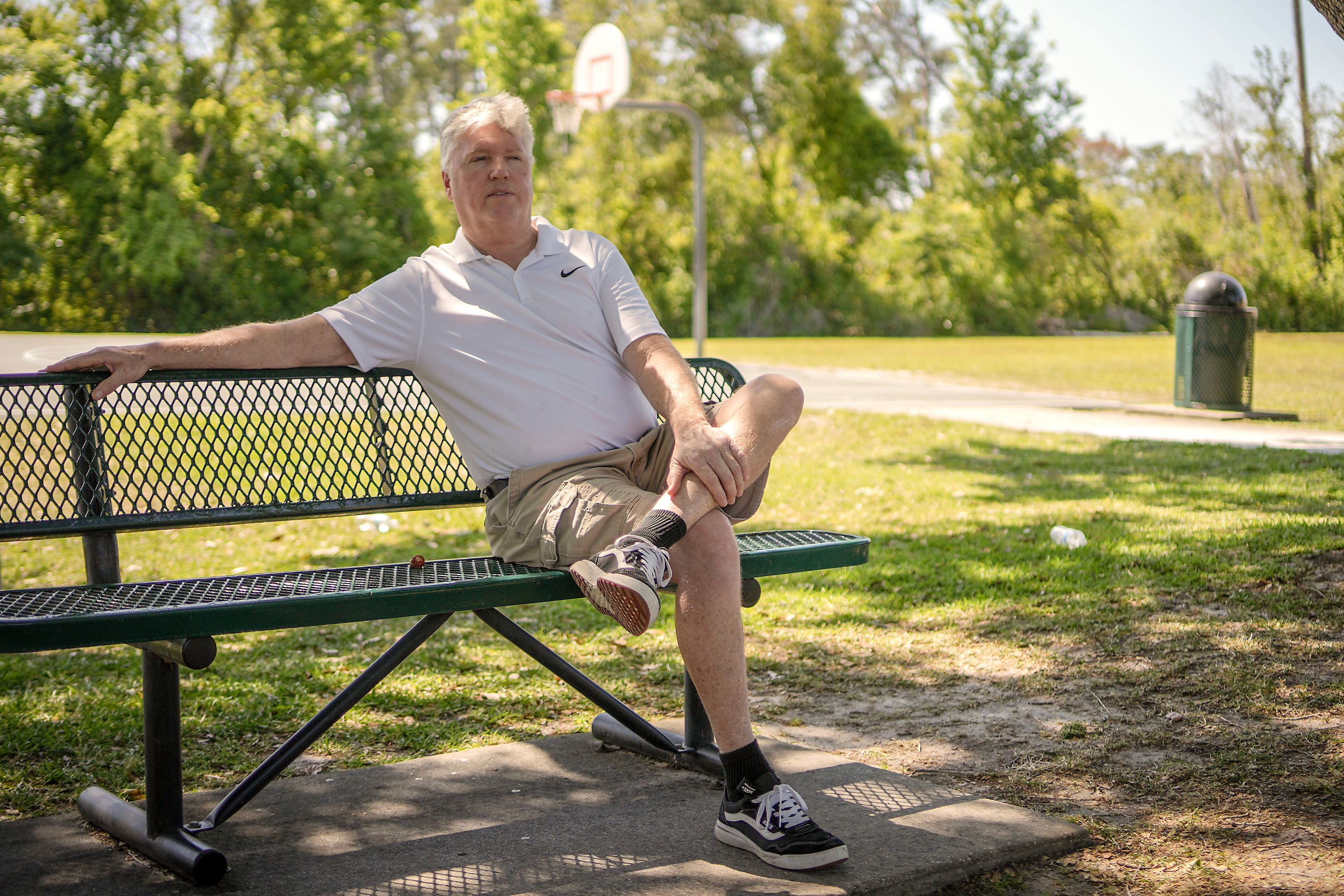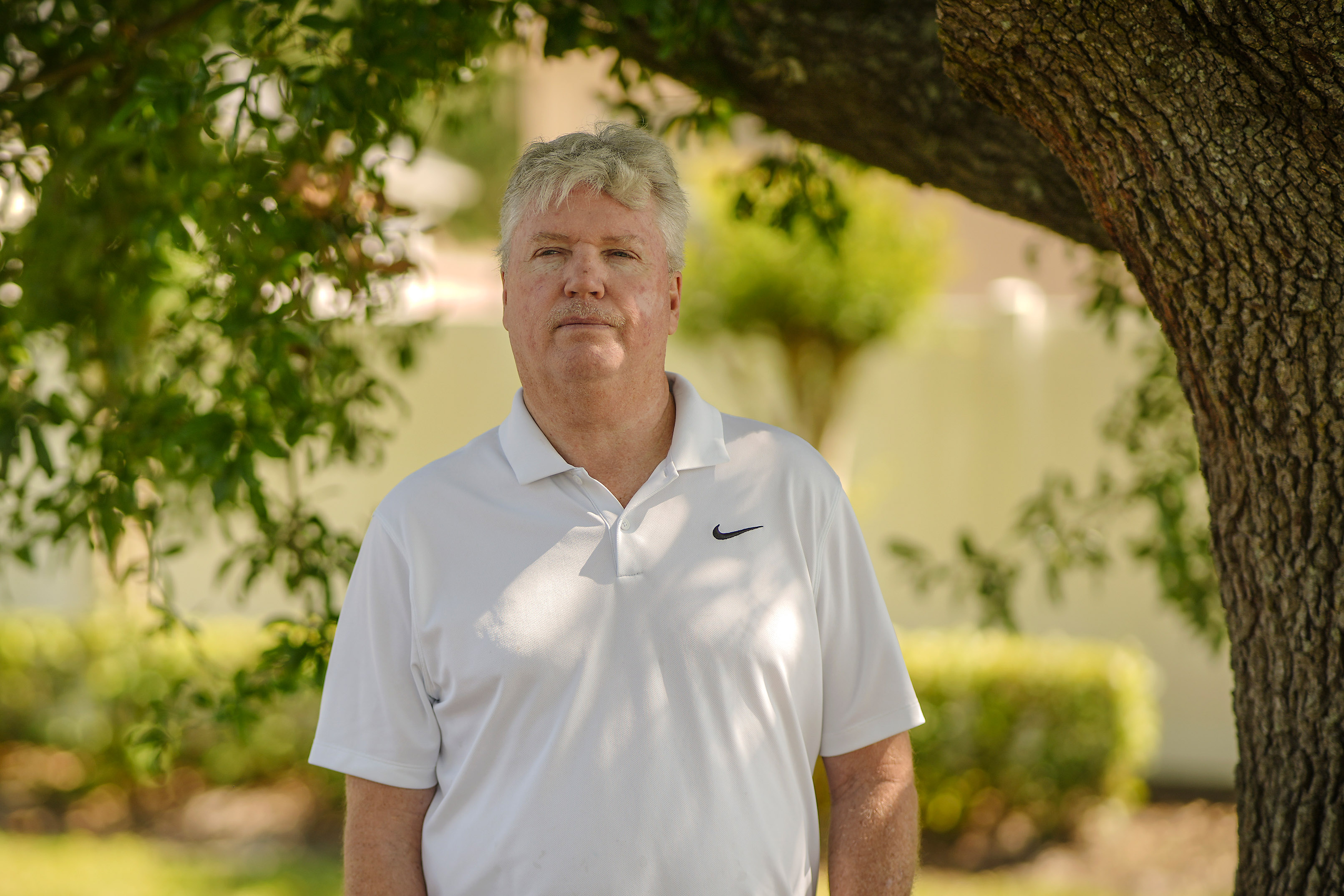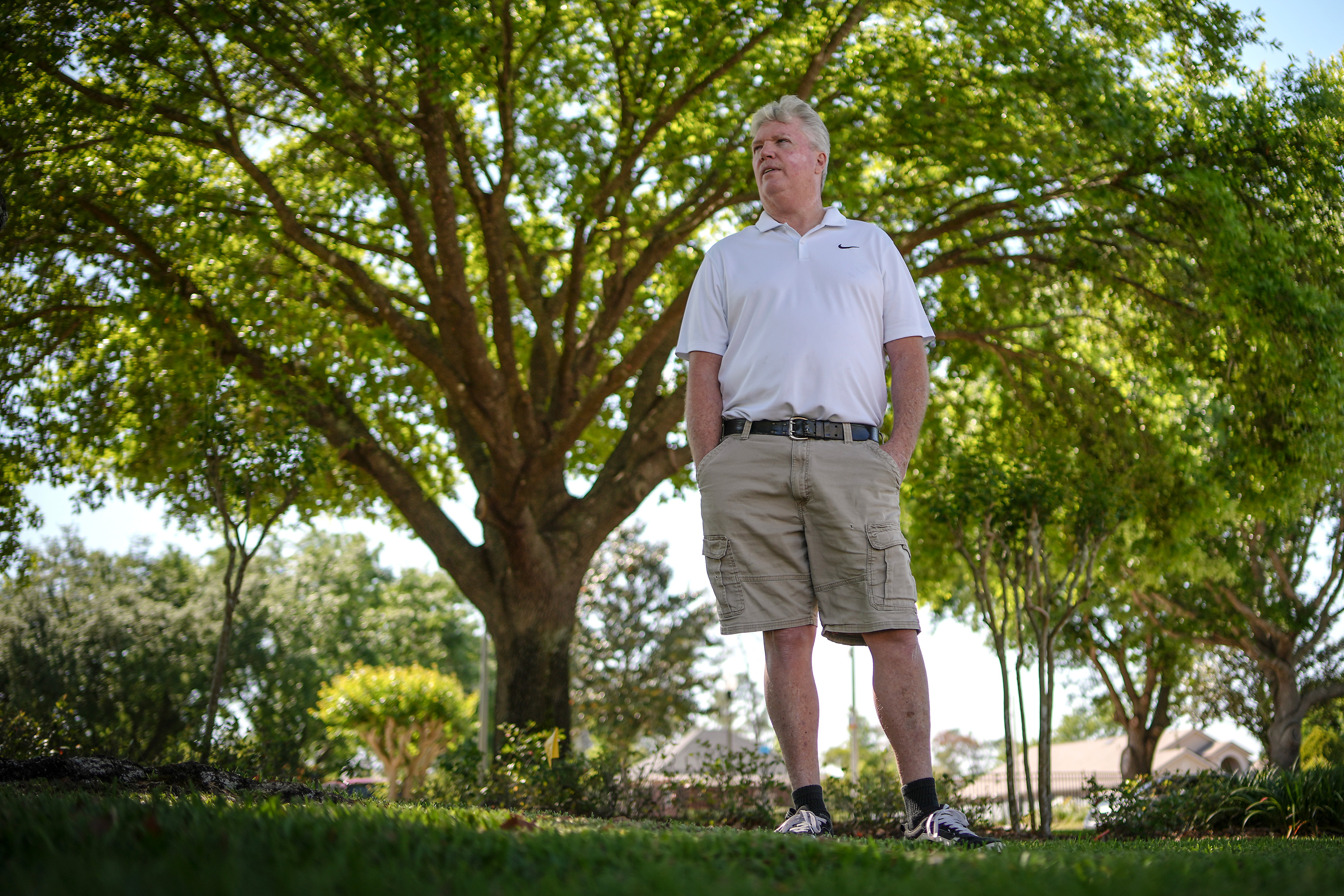On Christmas Day at the WaTiki indoor water park, Hans Wirt was getting winded from following his son up the stairs to the waterslides.
Wirt’s breathing became more labored once they returned to the nearby hotel where they and Wirt’s girlfriend were staying while visiting family in Rapid City, South Dakota.
Then he grew nauseated and went pale. Wirt thought the cause might have been the altitude change between his home in Deltona, Florida — 33 feet above sea level — and Rapid City, at the edge of the Black Hills. But his 12-year-old son was worried and called for an ambulance.
“I could tell by the look in his eyes that there was something a little more to this,” Wirt said. “So I can kind of thank my son for saving my life.”
It turned out the 62-year-old was having a heart attack. A “lousy Christmas present,” Wirt said.
Medics stabilized Wirt before taking him to Monument Health — the only hospital in Rapid City with an emergency room — where he was treated over two days.
Then the bill came.
The Medical Procedure
Paramedics used a defibrillator to restore a normal heart rhythm. Doctors at the hospital gave Wirt various medications, used an electrocardiograph and other diagnostic and monitoring devices, and inserted stents into his arteries to improve blood flow to his heart.
The Final Bill
$95,523.73, including $32,998.90 for medical supplies, mostly related to the stents, and $28,879 for treatment in a cardiac catheterization lab. After unspecified hospital adjustments to the bill, Wirt owed $77,574.44.
The Billing Problem: Medicaid Across State Lines
Wirt is covered by Florida’s Medicaid program through Sunshine Health, a managed-care plan. But the South Dakota hospital refused to submit the bill to his out-of-state Medicaid plan, instead sending it to Wirt and eventually threatening to send the debt to a collection agency.
Medicaid, the government health insurance program primarily for low-income people and those with disabilities, is jointly funded by the federal government and states. States are responsible for administering Medicaid, and most contract with private insurance companies like Sunshine Health.
Federal law says state Medicaid programs must reimburse out-of-state hospitals for beneficiaries’ care in an emergency.
Many hospitals bill out-of-state Medicaid plans in such situations. If they don’t, they risk not being reimbursed at all, since Medicaid recipients probably won’t be able to afford large bills, said Katy DeBriere, who was legal director for the Florida Health Justice Project when she spoke with KFF Health News in April.
But there’s no federal law that requires them to do so, she said.
Federal court opinions have noted that hospitals are not required to bill Medicaid for every individual beneficiary they treat, even if they generally accept Medicaid.
Monument Health didn’t bill Wirt’s insurance because the hospital isn’t enrolled as a health care provider with Florida Medicaid, said hospital spokesperson Stephany Chalberg. She told KFF Health News that Monument bills Medicaid plans only in South Dakota and four bordering states: Wyoming, Montana, Nebraska, and Minnesota.
The hospital’s website says Medicaid patients who are not enrolled in one of those states “are responsible for any charges.”

“Due to the significant credentialing requirements of our multiple hospitals and hundreds of physicians we do not participate with all states,” a hospital representative wrote in a message to Wirt.
According to Florida’s Medicaid website, out-of-state providers who have treated one of its enrollees must submit five documents to bill the program, including a six-page application, a copy of the provider’s license, and a claim form.
The process is different in each state, and many Medicaid programs reimburse out-of-state providers at lower rates than those that are in-state, according to the Medicaid and CHIP Payment and Access Commission, a federal agency that advises Congress.
Provider enrollment barriers leave “beneficiaries in an untenable situation, preventing them from accessing the coverage to which they are legally entitled,” Chalberg said.
Wirt decided to submit his bill to his Medicaid plan on his own. But he said Sunshine Health told him it can only process bills received directly from providers.
Elizabeth Boyd, a spokesperson for Sunshine Health, told KFF Health News that its staff contacted the hospital on Wirt’s behalf. She did not respond when asked why the plan can’t process bills submitted by patients or what more it could have done to help Wirt.
The Resolution
A few days after KFF Health News emailed officials at Monument Health for this story, Wirt noticed his balance due fell from more than $77,000 to $0.
Chalberg told KFF Health News that Monument Health covered Wirt’s bill through its charity care program. She said that “appropriate patients” are told about the program and that “before any bill is sent to collections, it is evaluated to determine whether the patient may qualify for our financial assistance policy.”
To retain tax-exempt status, nonprofit hospitals must have programs that provide free or discounted care to patients who can’t afford their bills.
But Wirt said that when he first contacted Monument Health after receiving his bill and said he couldn’t afford to pay it, officials didn’t mention the program. He said they didn’t share any resources when he asked whether there were outside groups that could help him pay the bill. Wirt said hospital officials just recommended setting up a payment plan, but the monthly bills were still too high for him to afford. “There’s a reason why I’m on Medicaid,” Wirt said. “It’s just beyond me how they can expect somebody who had Medicaid to come up with that kind of money. It’s unrealistic.”

The Takeaway
Sarah Somers, legal director at the National Health Law Program, said the various “cogs in the Medicaid system” didn’t operate correctly in Wirt’s situation. “Nobody’s exerting themselves enough to just smooth the way for this person.”
States are responsible for managing Medicaid and are therefore the main “cog,” Somers said. She said Medicaid managed-care companies are also supposed to intervene.
Somers and DeBriere said Medicaid recipients who receive bills they don’t think they owe should file a complaint with their state’s Medicaid program and, if they have one, their managed-care plan. They can also ask whether there is a Medicaid or managed-care caseworker who can advocate on their behalf.
The attorneys said patients should also contact a legal aid clinic or a consumer protection firm that specializes in medical debt. DeBriere said those organizations can help file complaints and communicate with the hospital.
DeBriere said that, had she assisted Wirt, she would have immediately sent a letter to Monument Health ordering it to stop billing him and to either register with Florida Medicaid to submit his bill or offer him charity care.
Wirt said the doctors who treated him and the medical care he received at Monument Health were excellent. He said he spoke out about the hospital’s billing practices because he doesn’t want others to endure the same experience.
“If I get sick and have a heart attack, I have to be sure that I do that here in Florida now instead of some other state,” he joked.
Bill of the Month is a crowdsourced investigation by KFF Health News and The Washington Post’s Well+Being that dissects and explains medical bills. Since 2018, this series has helped many patients and readers get their medical bills reduced, and it has been cited in statehouses, at the U.S. Capitol, and at the White House. Do you have a confusing or outrageous medical bill you want to share? Tell us about it!







